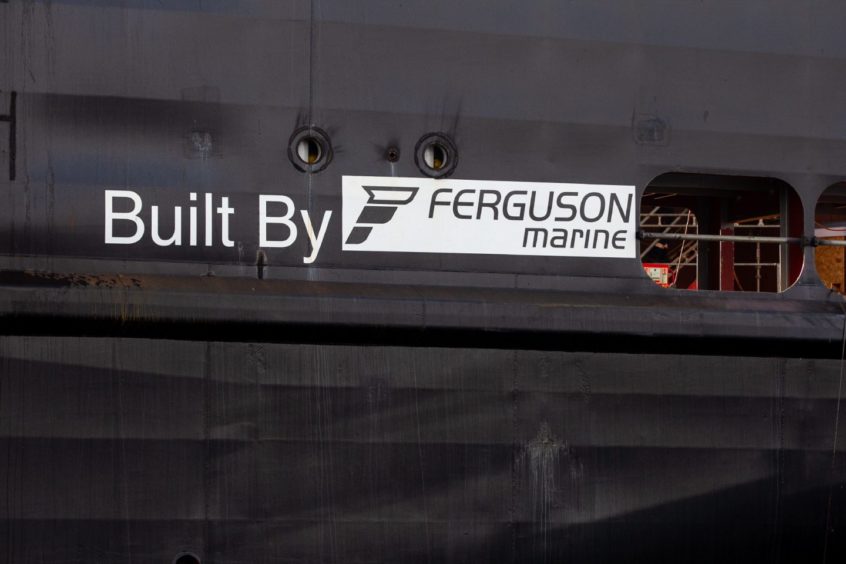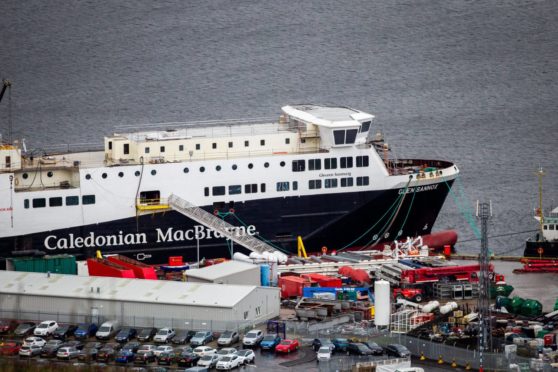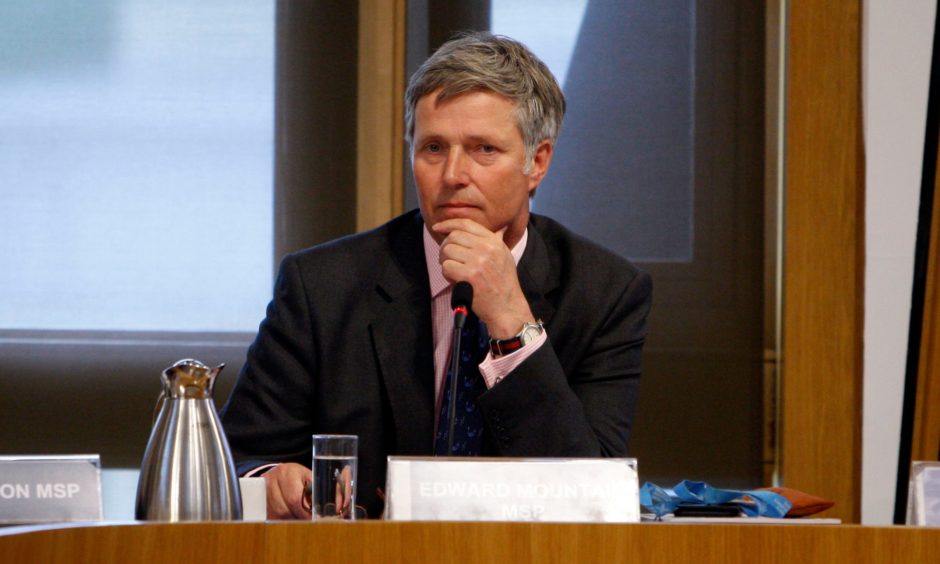The investigation into the delayed construction of ferries set to serve the Western Isles that went over budget by almost £100 million has dubbed the fiasco a “catastrophic failure”.
Orders for two ships, built in Port Glasgow and set to sail for communities on the Clyde and the Hebrides, were placed by CMAL (Caledonian Maritime Assets Ltd) with Ferguson Marine Engineering Ltd (FMEL) in October 2015.
The boats are still to be delivered, with the cost of completion rising from an initial fixed price of £97 million to between £192.8m and £196.8m.
Each ferry, named 801 and 802, is not expected to launch for service until 2022 and 2023, respectively — as much as 49 and 55 months late, respectively.
There has been a catastrophic failure in the management of the procurement of vessels 801 and 802, leading us to conclude that these processes are no longer fit for purpose and that a complete overhaul is needed.”
Edward Mountain, committee chairman
The Scottish Government was forced to take the yard into public ownership in December 2019 after the directors of FMEL filed a notice of intention to appoint administrators in August 2019.

It was not revealed how delayed and over budget each boat was until after the government took the company on.
MSPs were told last year by the now-disgraced former finance secretary Derek Mackay that “mismanagement” by the Port Glasgow shipyard led to delays and overspends.
Warnings have also been raised about the country’s “ageing fleet”, with the committee accusing multiple government administrations of failing to deliver a competent strategy for replacing them.
In its review, the rural economy and connectivity committee has dubbed the ordeal a “fiasco” and demanded an overhaul of the Scottish Government’s procurement procedures.
Island communities will suffer
Committee convener Edward Mountain MSP said the delays are causing the island communities to suffer still.
Islands minister Paul Wheelhouse had admitted earlier this year neither he nor the Scottish Government could “understand” what had gone wrong.
The committee is calling on the Scottish Government to provide an urgent update on how it is mitigating capacity issues on the routes affected before the new ships can come into service.
Delay, the committee concluded, would have an adverse impact on rural communities and the National Islands Plan, which it supports.
A Scottish Conservative MSP for Highlands and Islands, Mr Mountain called on the Scottish Government to order an independent review into its procurement process.
He said: “The evidence to our inquiry into this fiasco has revealed that all parties involved must share in the responsibility for the catastrophic failure to deliver this contract on time or on budget.
“A lack of due diligence, poor project management and a failure by all parties to take the necessary action to resolve problems as they emerged, means that the cost of the contract has increased from £97 million to almost £200 million while the island communities who are relying on these ferries to be delivered continue to suffer.
“Our report calls on the Scottish Government to commission an independent external review of the processes for public procurement of ferries to ensure appropriate lessons are learned for the future.
“This review should consider the robustness of financial due diligence, the processes for assessing the technical capabilities of bidders, and the design development and sign-off procedures, investigating precisely how such a situation could have arisen and to ensure such errors are never repeated.
“The committee acknowledges that existing processes for procuring new ferries to serve the Clyde and Hebrides ferries network have, in the past, resulted in new vessels being delivered on time and on budget.
“However, based on the evidence it has received, the committee believes that there has been a catastrophic failure in the management of the procurement of vessels 801 and 802, leading us to conclude that these processes are no longer fit for purpose and that a complete overhaul is needed.
“That could include merging or even abolishing certain bodies currently involved in decision making on ferry procurement.”
A Scottish Government spokeswoman said: “Scottish Ministers were grateful for the opportunity to present evidence to the committee during its inquiry.
“We will consider the report and respond to its recommendations in due course.
“We remain fully supportive of the efforts of Calmac, CMAL and Transport Scotland in delivering ferry services on the Clyde and Hebrides Network and to the Northern Isles, but we also recognise the challenges in doing so and the need for continuous improvement to optimise delivery.”

